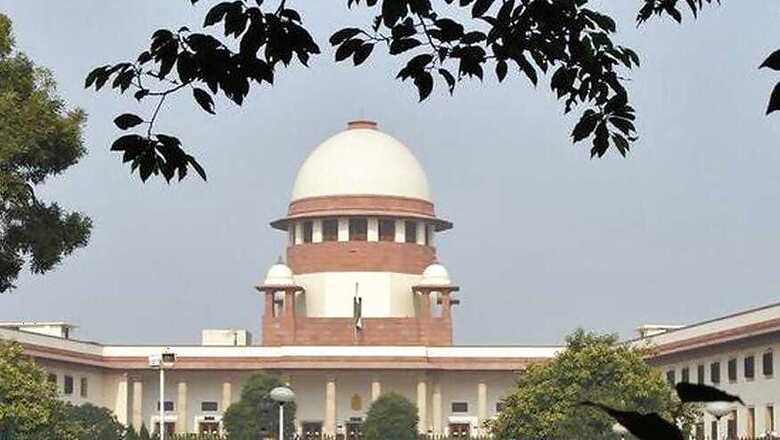
views
New Delhi: Senior journalist Gauri Lankesh's killing was raised in the Supreme Court on Wednesday as it was imputed that hate speeches by political leaders might have emboldened the assailants.
Arguing before a bench led by Chief Justice of India Dipak Misra, senior advocate Colin Gonsalves said increasing vigilantism has resulted in the killing of Lankesh, who was shot dead on Tuesday in Bengaluru.
The lawyer, who represented NGO Khudai Khidmatgar, blamed hate speeches made by political leaders for her killing and sought the Court's intervention.
He said police were not expected to act when the political masters had been making appeals to kill people and extending threats.
But the bench retorted: "We cannot gag people." It added that there is no specific law to deal with hate speeches but complaints can be made in cases of threats and criminal intimidation.
"You are too vocal and anxious. There is no specific law to deal with hate speech. We are still debating if political executives or Ministers should make comments in matter pending investigation in the Azam Khan case," said the bench.
"We can't stop people from what they are saying on Television. We have already upheld validity of criminal provision of defamation," added the SC.
The Court put his petition for detailed hearing on October 9.
In Azam Khan case, the top court is examining what action could be taken against political executives if their statements tend to interfere with investigation or obstruct delivery of justice.
In 2013, the Court had impelled law enforcement agencies to book politicians for making hate speeches, while also asking the Law Commission to examine if a party can be derecognised and its leader disqualified for such contentious remarks.
Later, the Law Commission, in its report in March 2017, urged the expansion of the penal law. It drafted a new law — The Criminal Law (Amendment) Bill, 2017 — inserting new Sections to fortify democracy against hate speeches.










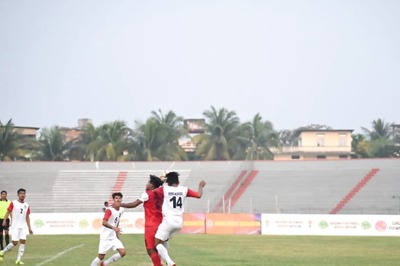
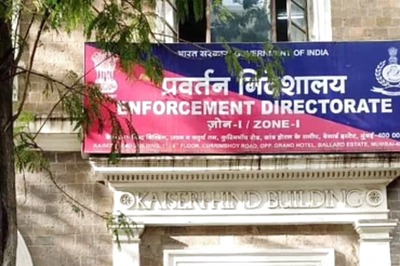
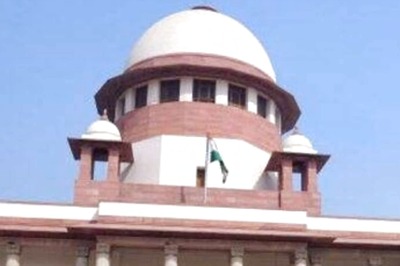


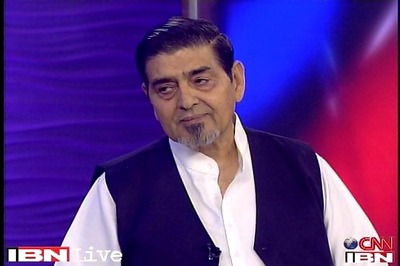




Comments
0 comment